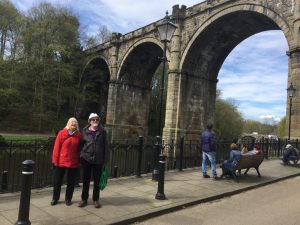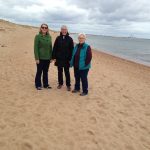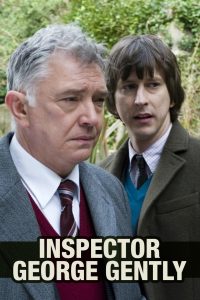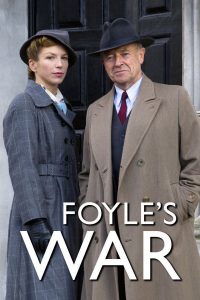The Alliance saw more movement – for the word had passed around
That the colt from in our midst had paddled off
To join the Health Department – with his pay a thousand pound –
Enough to satisfy most any Toff
He got up every morning in the cruel winter frost
All rigged out in his gold and in his green
And only he knew secretly the trouble and the cost:
His sorest point remained below unseen
He paddled hard with Russians and he met them stroke for stroke
In countries to the east and to the west
And Canada was where he went with hardened motley blokes
To put their training to the final test
The tried and noted paddlers from their clubs both near and far
Had gathered at the jetty overnight,
For the boatmen love the challenge where the coldest waters are
The competition starts with great delight.
Our muscled Dane was off the grog for many endless days
And ate up porridge oats and lots of gruel
To see him pine for beer and wine was tough enough I’d say
But think of his sore backside: seems so cruel
His paddle-ing was paralleled by toils with us at work
On mental health and PHNs and such
He’d come at nine and work til five and never ever shirk
His humour pleased us all so very much.
With Helen first he toiled away and was by duty bound
They jointly shaped up policies and stuff
When Helen left he seemed bereft and obviously found
The work on Fact Sheets was a little tough.
With Anne-Marie he formed a bond – his wit and wisdom grew
Their vigour never ever seemed to flag
But once again his partner went, and when we made a brew
We fell back from tea-leaves to use tea-bag
Then Andrew with his tested figures came to lend a hand,
No stats man ever made of him an ass;
For never puzzle threw him while his formulae did stand
He came with numbers strong from Sassafras
Fiona then did join him and she leapt into the fray
She valued him as much as any chum
She’ll miss him in the pod they share when he has gone away –
We hope he finds a new de facto mum
He’s hard and tough and wiry – just the sort that won’t say die –
Recall the many funnies that he’s said;
He bears the badge of fitness in his enigmatic eye,
His witty words can often knock one dead.
And down by Burley Griffin, where the pine-clad ridges raise
Their torn and rugged battlements on high,
Where the air is clear as crystal, and the white stars fairly blaze
At midnight in the cold and frosty sky,
Just near the Murrumbidgee where the reed beds sweep and sway
In breezes and the stunted trees are clipped,
The man who paddles his canoe’s a household word today,
This doggerel tells the story of his trip
As he strokes into the sunset with his yet untested crew
We’ll toast him once and toast him once again.
His sore bit’s healed – that’s such relief – his bottom is like new –
We’re one seat down: farewell our paddling Dane.
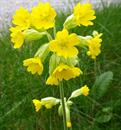
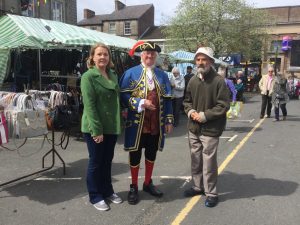
 Knaresborough castle
Knaresborough castle